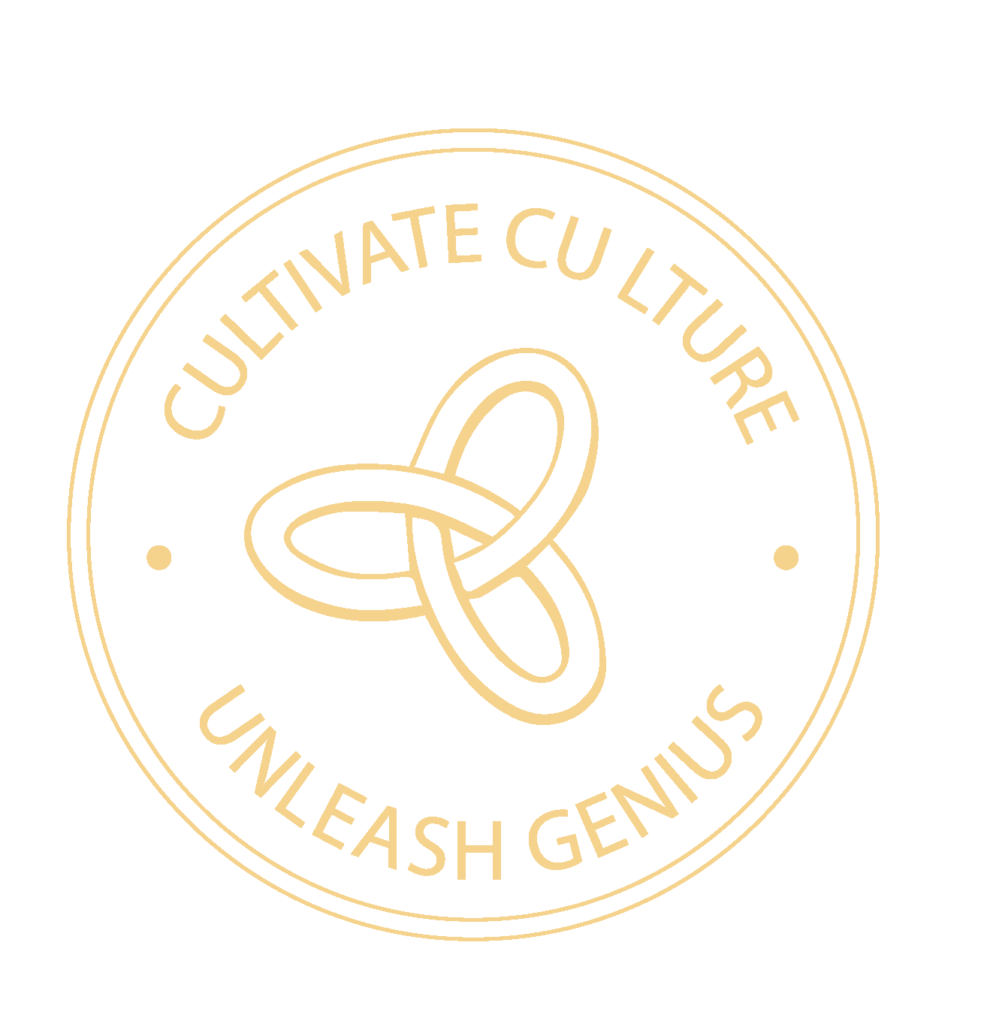International Day of Education:
Transforming Professional Development
In high-performing organizations, continuous learning isn’t just a luxury — it’s a strategic imperative. As they prepare to recognize International Day of Education on January 26th, forward-thinking leaders have a profound opportunity to reimagine how they support employee growth and development.
Creating a Comprehensive Learning Culture
The most successful companies understand that their greatest competitive advantage lies not in their technology or market position, but in their people. Research from Deloitte reveals that organizations with robust learning cultures are 46% more likely to be market leaders, highlighting the critical importance of continuous education in the modern workplace.
A comprehensive learning culture requires more than occasional training sessions. It demands a holistic approach that integrates professional development into the very fabric of organizational life. This means developing dedicated professional development programming that provides meaningful support for employee learning, as well as prioritizing continuous integration of the concepts covered in training throughout the workplace.
Organizations might also consider implementing mentorship programs that bridge generational and experience gaps, creating networks of knowledge transfer that extend beyond formal training environments.
Leveraging Technology-Enabled Learning
Technology has transformed the landscape of professional development, democratizing access to education in unprecedented ways. HR Dive reports that 89% of employees crave learning opportunities that seamlessly integrate with their professional and personal lives. Culture Refinery implements on-demand micro-learning content into each of our comprehensive programs, creating a curated resource library for participants to reinforce their learning at their own pace. Our team also supports virtual coaching, allowing employees to expand their knowledge without significant disruption to their work schedules.
Digital learning platforms offer unprecedented flexibility, allowing employees to learn at their own pace and according to their individual learning styles. By embracing these technologies, organizations can create a more inclusive and accessible learning environment that meets the diverse needs of a modern workforce.
Aligning Learning with Organizational Strategy
Strategic alignment is crucial. The most effective learning programs create individualized learning pathways that connect individual career aspirations with organizational objectives. Forbes reports that companies with targeted learning programs see 24% higher profit margins, underscoring the direct business value of intentional professional development.
This approach requires a nuanced understanding of both individual employee potential and organizational strategic goals. It means developing clear career progression frameworks, offering cross-departmental rotation programs, and creating learning opportunities that directly contribute to organizational innovation and growth.
Prioritizing Inclusivity in Learning
Inclusivity must be at the heart of any meaningful learning strategy. Educational opportunities should be accessible to all employees, regardless of their background, role, or position within the organization. This means providing resources in a variety of formats, offering accommodations for different learners’ needs, and creating leadership development tracks that actively support underrepresented groups.
Inclusive learning environments drive innovation and employee engagement. By removing barriers to education and creating equitable access to learning resources, organizations can unlock the full potential of their diverse workforce.
Measuring and Celebrating Learning Achievements
Measuring and celebrating learning achievements is essential to maintaining momentum. Recognition programs that highlight educational milestones can motivate employees and demonstrate an organization’s commitment to continuous growth.
By integrating learning achievements into performance evaluations and creating internal platforms to share success stories, companies can transform education from a compliance requirement to an organizational culture of curiosity and continuous improvement.
The most compelling benefit of a robust learning culture is its ability to future-proof an organization. In an era of rapid technological change and global competition, an organization’s ability to learn, adapt, and grow isn’t just an advantage — it’s survival itself.
As International Day of Education approaches this January, we challenge organizations to move beyond traditional training models. Create a learning ecosystem that doesn’t just teach skills, but ignites curiosity, drives innovation, and positions your company as a beacon of continuous growth and opportunity.



